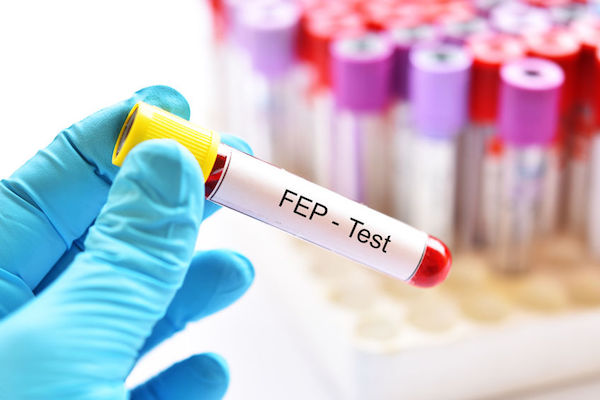Heavy metal intoxication, or poisoning, occurs when heavy metals accumulate in the soft tissues of your body in toxic amounts.

Many heavy metals including copper, iron, manganese and zinc are crucial to your body’s functioning – however, only in small amounts. When the levels of heavy metals are too high in your body (this could be because heavy metals have been over-ingested, inhaled or absorbed via the skin or mucous membranes), this can cause poisoning and lead to serious damage to your body.
According to Rarediseases.org, this intoxication may occur as a result of:
- Air and water pollution
- Foods
- Improperly-coated food containers
- Occupational exposure, that is, in mining, manufacturing and construction, for example, poisoning due to working with metal dusts and in smelting plants (this accounts for the vast majority of heavy metal intoxication throughout human history)
- Ingestion of lead-based paints
- Medicines
The most common heavy metal intoxication culprits are arsenic, cadmium, lead and mercury. Lead remains the leading culprit in most countries although the incidence has decreased in affluent countries, due to the removal of lead from paint, petrol and food cans.
Heavy metal intoxication is an uncommon diagnosis, that is, rare. However, if it isn’t recognised early enough and treated effectively, it does result in significant morbidity and mortality. Encephalopathy (brain disease) is generally the leading cause of death in heavy metal intoxication patients.
What are its symptoms?
The signs and symptoms of heavy metal intoxication, as well as its toxicity, depend on which type of metal you have been over-exposed to, the total dose absorbed and whether it was acute or chronic exposure.
Iron poisoning, or overdose, may include the following symptoms:
- Abdominal pain and diarrhoea
- Gastric outflow obstruction
- Gastrointestinal bleeds
- Jaundice
- Nausea and vomiting
It requires urgent treatment with emergency admission to a hospital.
Arsenic poisoning – which may occur as a result of contaminated water, seafood and algae, or medicine over-exposure, ingestion of herbicides and pesticides, and industrial exposure – may lead to the following symptoms, amongst others:
- Headaches
- Drowsiness
- Confusion
- Hardened patches of skin on the skin and nails (hyperkeratosis)
- Seizures
- Vomiting
- Abdominal pain
- Fever
- Diarrhoea, sometimes even bloody
- Chills and fever
- Weakness
- Brain damage
- Nerve disease of the extremities
- Organ dysfunction
- Cancer
See a comprehensive list of symptoms and signs on Rarediseases.org for cadmium, chromium, cobalt, lead, manganese, mercury, phosphorus, thallium and other metals.
How is it diagnosed?
If you suspect heavy metal intoxication, the sooner you get emergency medical attention the better. Your doctor will do a physical examination checking your signs and symptoms, and speak to you about your medical history, including a comprehensive dietary and lifestyle history, which may reveal hidden sources of heavy metal over-exposure. A thorough investigation is time well spent, as identification and removal of the source of toxicity is often the only therapy required.
Your doctor may make use of several tests to make a diagnosis, including:
- Blood tests
- Testing hair, nails and urine for increased levels of a heavy metal
- An X-ray of your abdomen
- A spinal tap
What are your treatment options?
The obvious treatment for heavy metal poisoning is the termination of exposure to the culprit as soon as it’s been identified.
Sometimes it’s necessary to pump your stomach to remove the offending metal. If you have inhaled a heavy metal, your breathing will need to be supported in hospital.
If there is swelling of the brain (cerebral oedema) treatment with a diuretic and corticosteroid drugs will be administered.
Several chelating agents or drugs can be used to ensure the toxin is excreted in the urine.
Can it be prevented?
When it comes to prevention of heavy metal poisoning, the following guidelines may help, amongst other measures:
- To avoid occupational exposure, wear masks and protective clothing
- Always be aware of the medicines you are taking and adhere strictly to the dosage and duration guidelines
- Avoid contaminated water and food as far as possible
- Do not over-indulge in, for example, iron tablets or multivitamins – always adhere to the recommended daily allowance (RDA) dosage
- Avoid cigarette smoke (this can lead to cadmium poisoning)
- Only make use of properly-coated metal crockery and cookware
- Only use unleaded petrol, paint, piping and cosmetics
- Ensure your home thermometer is not broken, as this can lead to mercury poisoning
IMAGE CREDIT: 123rf.com
